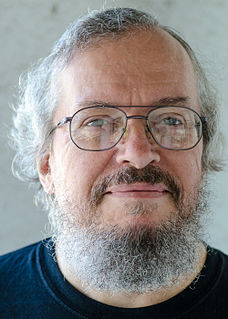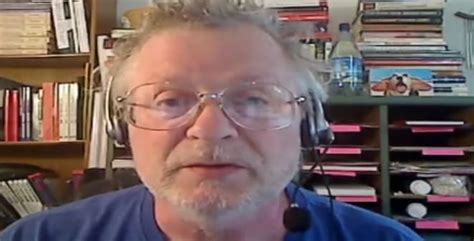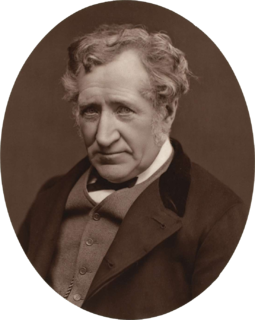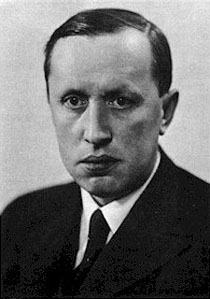A Quote by Marcus Vitruvius Pollio
The difference between "machines" and "engines" is obviously this, that machines need more workmen and greater power to make them take effect, as for instance ballistae and the beams of presses. Engines, on the other hand, accomplish their purpose at the intelligent touch of a single workman...
Related Quotes
Late twentieth-century machines have made thoroughly ambiguous the difference between natural and artificial, mind and body, self-developing and externally designed, and many other distinctions that used to apply to organisms and machines. Our machines are disturbingly lively, and we ourselves frighteningly inert.
The wind, as a direct motive power, is wholly inapplicable to a system of machine labour, for during a calm season the whole business of the country would be thrown out of gear. Before the era of steam-engines, windmills were tried for draining mines; but though they were powerful machines, they were very irregular, so that in a long tract of calm weather the mines were drowned, and all the workmen thrown idle.
The sole perfection which modern civilization attains is a mechanical one; machines are splendid and flawless, but the life which serves them or is served by them, is neither superb nor brilliant, nor more perfect nor more graceful; nor is the work of the machines perfect; only they, the machines, are like gods.



































